Selenium supplementation to lentil (Lens culinaris Medik.) under combined heat and drought stress improves photosynthetic ability, antioxidant systems, reproductive function and yield traits

Authors:
Purpose
Increasing temperatures are generating heat and drought stress, especially for the cool-season crops such as lentil,; selenium can mitigate the adverse effects of various abiotic stresses but has never been tested in plants facing combined heat and drought stress.
Methods
In this study, contrasting heat-sensitive and heat-tolerant lentil genotypes were grown in the absence (control) or presence of selenium (1, 2.5, 5.0 mg kg–1 dry soil). At the onset of flowering, plants were subjected to combined heat and drought stress by moving in a controlled environment [32/20 °C day/night (12/12 h), 50% soil field capacity, 500 µmol m–2 s–1 light intensity, 65–70% RH] for 20 days, up to completion of maturity stress.
Results
The results revealed that lentil plants exposed to the combined stress + Se significantly increased endogenous leaf Se concentration, pod number (32–36% in sensitive, 19–24% in tolerant genotypes), and seed yield (21–35% in sensitive, 21–25% in tolerant genotypes), compared to the combined stress treatment alone. Se supplementation significantly improved leaf water status and osmolyte accumulation (such as proline, glycine betaine, and reducing sugars), which stabilized membranes and photosynthesis-related traits, enhanced the expression of various enzymatic (superoxide dismutase, catalase, ascorbate peroxidase, glutathione reductase) and non-enzymatic (ascorbate and reduced glutathione) antioxidants and flower function, and improved pollen function, pod set, pod number, and seed number.
Conclusions
Our study showed the potential benefits of using selenium as a supplement in the low-Se soils to protect against combined heat and drought stress in lentil.
